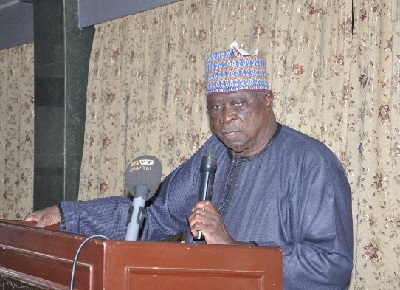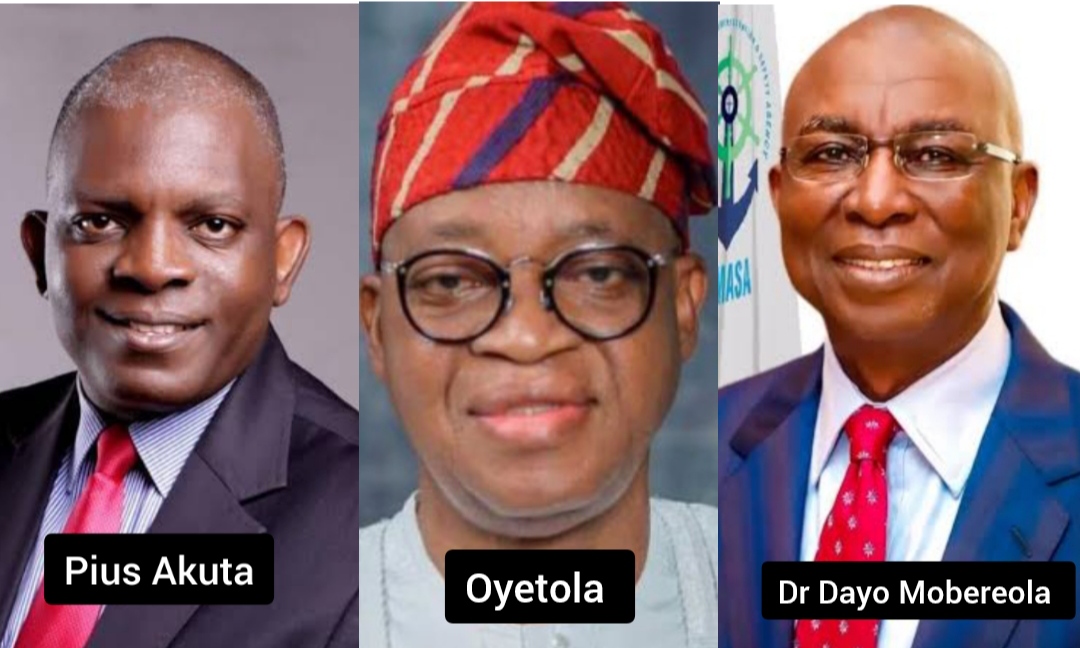Nigeria’s Oil Industry Needs New Security Architecture
By Grace Achum and Nduka Uzuakpundu

It appears that for the decade, there might be less of cheering news from the oil and gas sector of the Nigerian political economy. Apart from the windfall of the first eight years of the Fourth Republic, when Olusegun Obasanjo was the country’s president – a period when, for the first time in the country’s economic history, she was able to defray her huge debt of nearly $20 billion to the World Bank; a feat that was a South country first – it would seem that since then, the main driver of the Nigeria economy, from which nearly 85 percent of sorely-need forex is injection into the federal government purse, has slumped.
The Obasanjo administration was so blest and bold in the debt repayment that it made, on account of the flood of petrodollar of its time, when crude oil, on the international market soared, somewhat rebelliously, to the astronomical height of nearly $150 per barrel.
Some development economists have argued that Abuja had no choice, then, except that historical debt repayment, because the World Bank, its creditor, came banging, so to speak, on its door. That move made Nigeria a good client – an honest and well-behaved borrower – of the World Bank.
Even so, nearly two decades, thereafter, the crude oil role in the Nigerian economy has been dislocated by recession and the Covid-19 pandemic. Add corruption, which has resisted almost every determined effort by government to blunt it.
It was never heard of, until two years ago, that Nigeria’s oil was being stolen by some foreigners, ably assisted by some unpatriotic elements, within the oil industry and their allies at the Niger Delta.
At first, when the news was reported of some sea-farers from the former Soviet Union and the Philippines nicking Nigeria’s crude oil, it sounded more of a fairy tale; unbelievable, and if, indeed, true, how come! A more recent crude oil theft was the one of August 17, 2022, involving an escaping oil tanker traced to Equatorial Guinea, where it had docked.
The oil tanker – MV Heroic Idun – was capable carrying 2 million barrels of stolen crude oil from the Niger Delta. It had fled the AKPO oil field at the time of its arrest. Perhaps, the operatives of the Nigerian Navy and the government of Equatorial Guinea should be commended for their heroic feat.
It would seem that, as of the time of the heroic theft by Idun, a whole lot of effort, spanning months of strategic and maritime security in the Gulf of Guinea, must have been fed into the crime, if only to ensure that it was never detected in the first place. But, even if at all, let it be well after the two million barrels oil, heroically stolen, would have been sold at an estimated give away price of $850 million.
Heroic Idun, we strongly suspect, must have been predicated on the political climate of in security in Nigeria; when national attention and resources were being pumped into the campaign against the Boko Haram terrorists group, especially in the North-West geopolitical zone.
The unsuccessful heroic crime by Idun, is a wake-up call for the Nigerian government, top stakeholders on the oil and maritime industry and the littoral communities in the nine oil-producing states, to redesign the oil and maritime security architecture. Heroic Idun’s theft was clearly to harm the economic fortunes Nigeria. That criminal act and several others, in the creeks of the Niger Delta could blamed, to some extent, for microscopic distortions, as to why Nigeria had defaulted in meeting her production quota, as approved by the Organization of Petroleum Exporting Countries (OPEC): from nearly 2 million barrels to a less than 700,000 barrels between 2015 and 2022.
While a new security architecture is necessary for the oil and maritime industry – if only to burnish the country’s image in the international and maritime economies – it’s binding that Heroic Idun’s owner and crew should be thoroughly investigated – it’s very likely that they are professional crude oil stealers – and if found guilty, after due process of fair hearing, they all should be fined heavily and sent to jail for a minimum of twelve years.
This is a case that should interest, in the first instance, the London-based International Maritime Organization (IMO), World Trade Organization (WTO), the World Bank and the countries of the Gulf of Guinea Economic and Security System (GGES), which stretches from Liberia to Gabon; it also includes the land-locked countries of Sahelian West Africa – Mali, Niger, and Burkina Faso; the Central African Republic and Chad.
The intent is to help faltering confidence in the crucial upstream sector of Nigeria’s oil and gas industry. In its full force, exercise and, ultimately fixed presence, the intent of the new architecture – of the compromising naval and military operatives from member states of Gulf of Guinea, in their anti-piracy ships and helicopters is to send a clear message to the like of the owner and of Heroic Idun that the waters of the economic zone of Nigeria within the Atlantic has no quarters for oil thieves – no matter the calculated intent to make it look heroic.
The least that Nigeria can afford, henceforward, in her Niger Delta-based crude oil hub is insecurity; worst still by foreigners, who come with ambitious oil tanker and collude with locals to perfect their crimes against the Nigerian economy. The decay that Heroic Idun represented should never, again, rear its revolting head.
It’s indeed, an unreadable commentary that, in the past three decades, or so, Nigeria has lost close to N500 billion to criminal leaks in her oil industry – upstream and downstream. Were all that huge sum available, over the years, her road, water and electricity infrastructure, given good management and robust anti-corruption campaign, would have been brighter than they current are. Ditto primary health centres and tertiary education.
The crude oil sector, which is crucial to Nigeria’s economy and which has been battered by mismanagement and theft by the Heroics and Iduns, needs, as a matter of course, a new security architecture. For its fixed and resting qualities, which make crude oil the darling of the Nigerian economy, it should be guarded from crime and decay.
As a forward-looking strategy, every security effort to shield it from losing its lustre should be to enable the Nigerian government use its brimming blessings to erase the debt payment to the World Bank long set by the Obasanjo administration.







